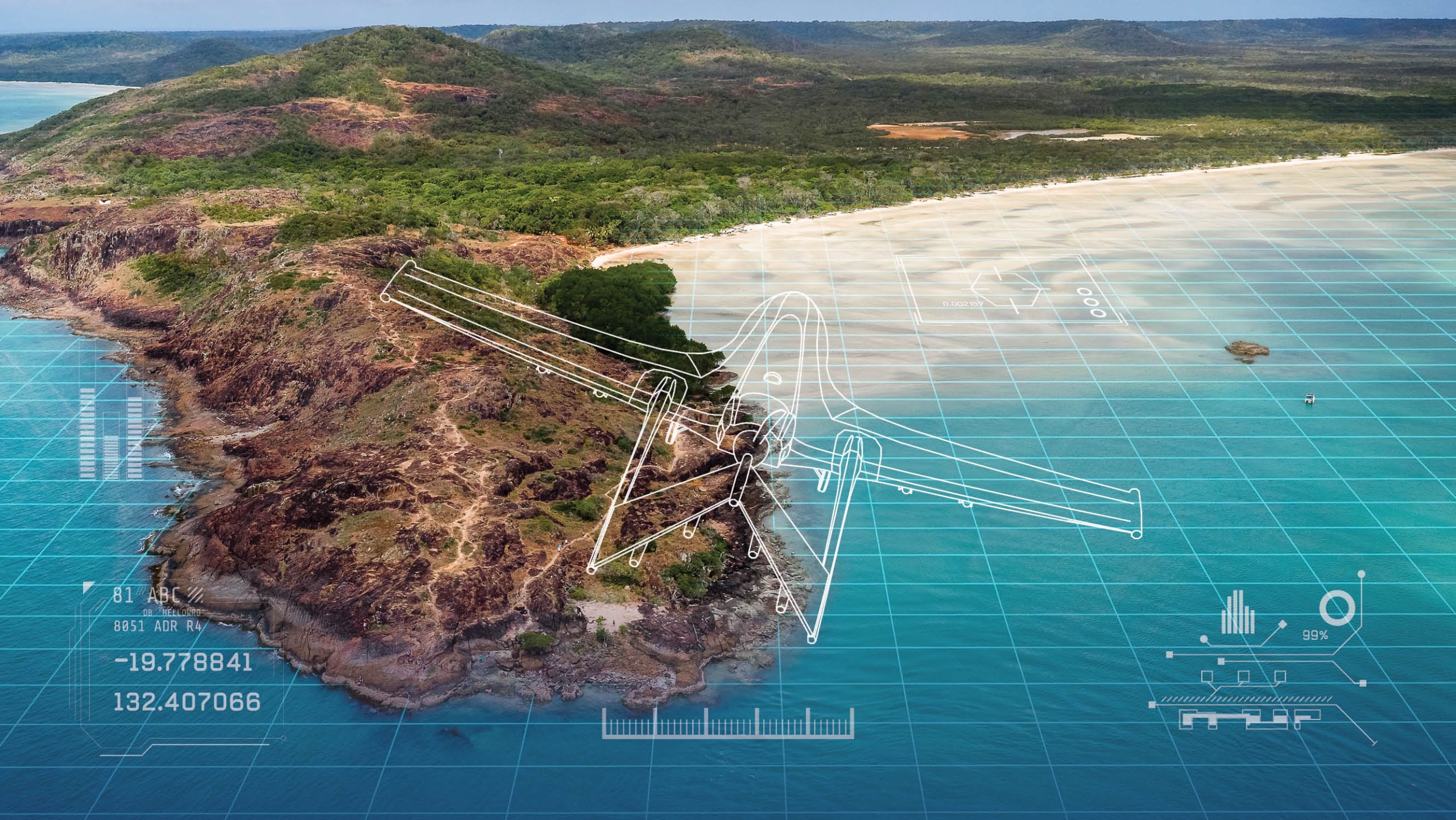25/05/2023
The security of Pacific nations is at risk in this new age of regional instability. Having endured nearly a century at the doorstep of great power competition, the agency of our Pacific neighbours has been sidelined by contest and conflict. Today, this is being tested yet again by foreign interests, promoted through so-called “grey-zone” activities like financial aid and increasing foreign military presence.
As Foreign Minister Penny Wong recently said, “the Pacific family is responsible for Pacific security”.
Australia has a responsibility to help our neighbours strengthen their security settings, define their sovereignty, and prevent the same paternalistic pressures that failed the Pacific in the past.
The Albanese government has taken positive steps in the Pacific, Foreign Minister Wong has skilfully reinvigorated relations, and the recent budget showed a genuine intent to engage in the region. Now, strong budget funding must propel the government’s statecraft ambitions into effective action, leveraging our national security, intelligence, and critical infrastructure expertise to empower the agency of our neighbours.
Successful statecraft can deliver partnerships grounded in trust, support, and mentorship, benefiting the entire region’s resilience, not just ours. The ADF and federal police have existing relationships with their Pacific counterparts, but a combined diplomatic and national security effort is needed to strengthen our Pacific connections into true partnerships.
Australia must be the proactive partner in the Pacific, building trust through multi and bilateral liaison between national security institutions, while redoubling efforts to support and mentor our neighbours through standing training exercises.
As a demonstration of our commitment to enhancing sovereign resilience, the federal government should prioritise an accelerated defence export program to the Pacific. Working with the Defence Industry to provide Pacific nations with proven Australian capabilities under flexible funding arrangements could deliver greater independence, create a consistent regional capability, and activate our sovereign workforce.
Overt national security efforts will help Australia to uphold the rules and norms upon which we base the foundation of our engagement in the world, but to deliver regional stability we must reach deeper into our resources than we have previously.
Many Pacific nations have been forced to rely on obsolete intelligence methods or technology due to short refresh rates or budget limitations. This impacts the efficacy of national security architectures, exposing them, and leaving them vulnerable to possibly malign foreign influence.
The budget’s increased funding for enhanced strategic co-operation could help establish a program including a mobile Australian team to assist our Pacific neighbours in incorporating new technology, integrating it with people-based intelligence, and enhance regional capabilities.
The program’s goal must be to evolve into a more comprehensive partnership, working on matters of joint significance, such as increasing the surveillance of illegal fishing from non-regional players.
A successful surveillance program in the Pacific could be a precursor to a future South West Pacific (SWPAC) partnership like AUKUS, where capabilities and knowledge are shared in a formal arrangement with national caveats.
While a more collaborative approach to national security and intelligence is a logical step, I encourage the federal government to also leverage its broader expertise to strengthen regional resilience.
Australia’s commitment to assist Pacific nations through disaster relief could be bolstered by sharing our expertise in legislating to protect critical infrastructure to help improve our neighbour’s own safeguards.
Recent years have highlighted the fragility of critical infrastructure in the South West Pacific, where supply chains, fuel, telecommunications, and food availability were precarious at times.
Our natural disaster response capability would meaningfully help Pacific nations through programs such as enhancing airfields and building more robust telecommunications capabilities, which help when lifesaving aid must be delivered.
Australia’s assistance with critical infrastructure is a non-confrontational capability that would bring greater regional resilience and partnership to the area.
The Pacific instability demands Australia act now, but we must do so as the regional partner of choice, reducing the likelihood of conflict rather than inflating it.
To be a genuine alternative to other foreign interests in the region, we must implement a whole-of-government approach that is collaborative, not combative, empowering Pacific neighbours to build their resilience sustainably.
